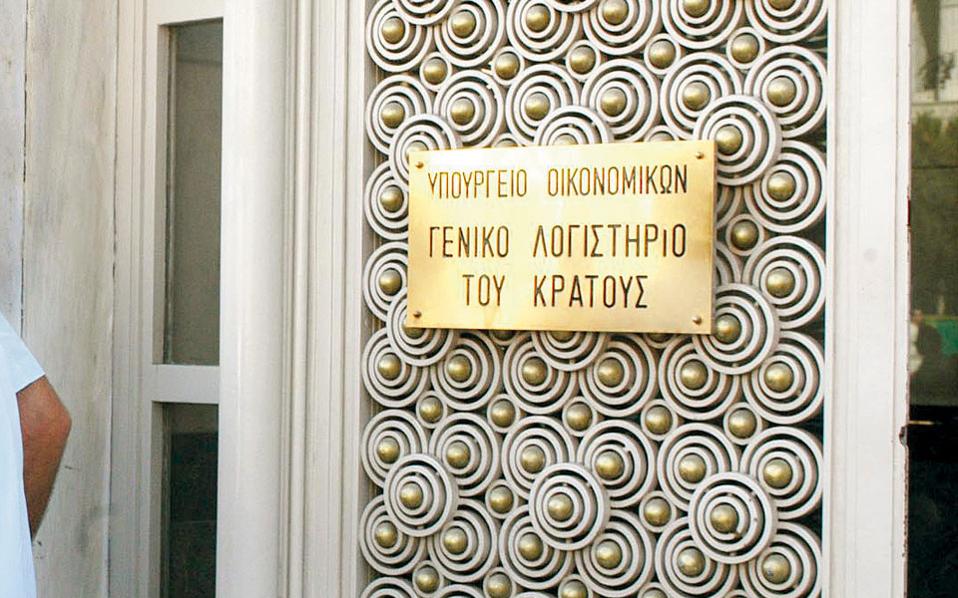Greece starts bailout talks with dispute on upfront actions

Greece’s latest cycle of talks with its creditors started with a quarrel, as officials argued over what upfront commitments the government has yet to implement in order to tap emergency loans next month.
Technical experts from the European Central Bank, the International Monetary Fund, the European Stability Mechanism and the European Commission are in Athens to negotiate with their Greek counterparts on the list of policies that must be legislated over the next three years in exchange for a lifeline of as much as 86 billion euros ($95 billion).
A so-called Memorandum of Understanding would need to be agreed upon in the next two weeks, so that a bailout can be in place before a payment on bonds held by the ECB comes due on August 20. Failure to do that might force another bridge loan to avert default, which may also come with strings attached.
The latest talks will focus on changes to the Greek pension system, labor market, fiscal policy, and market regulation.
Rebuild Trust
Creditors want Tsipras to restore trust by legislating some measures now, including sales tax increases, before talks on a new bailout can begin. In two votes over these so-called prior actions, held earlier this month, about a quarter of his Syriza- party lawmakers defected, stripping the premier of his parliamentary majority and forcing him to rely on opposition backing.
A Greek Finance Ministry official on Monday told reporters that Greece has already voted through Parliament all the measures it needed to implement before work on a deal can commence.
Creditors disagreed
“More reforms are expected as part of the statement from the Greek authorities, to allow for a swift disbursement,” EU Commission spokeswoman Mina Andreeva told reporters in Brussels on Monday. “Continuing the pace of reforms will also help reinforcing the trust between all partners.”
Greece imposed capital controls in June following a government decision to hold referendum on a bailout plan offered by the euro area. After voters delivered a resounding “no” vote to the economic conditions attached, Prime Minister Alexis Tsipras, who turned 41 on Tuesday, went on to agree to a plan on similar terms under pressure of financial collapse.
Syriza’s political secretariat will convene for a second day on Tuesday, in order to prepare a party congress this fall, after Tsipras asked his backbenchers to clarify their positions.
Demands for further prior actions from creditors, including tax increases for farmers and pension cuts, could add more strains to the governing coalition.
“We proceed in an organized manner and we hope that everything will go well at the end,” Finance Minister Euclid Tsakalotos said in a statement on Monday, as talks with creditors started.
[Bloomberg]





